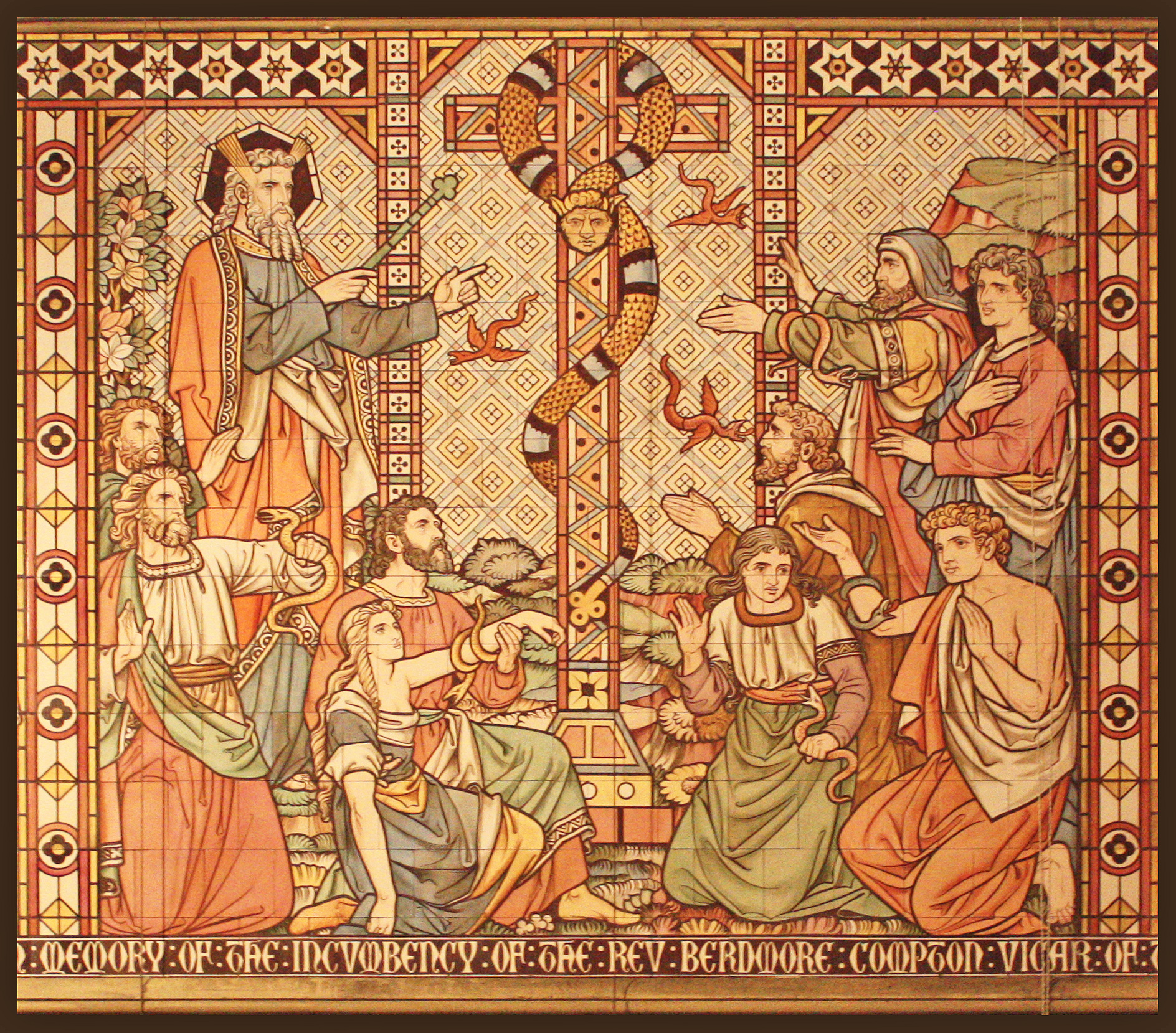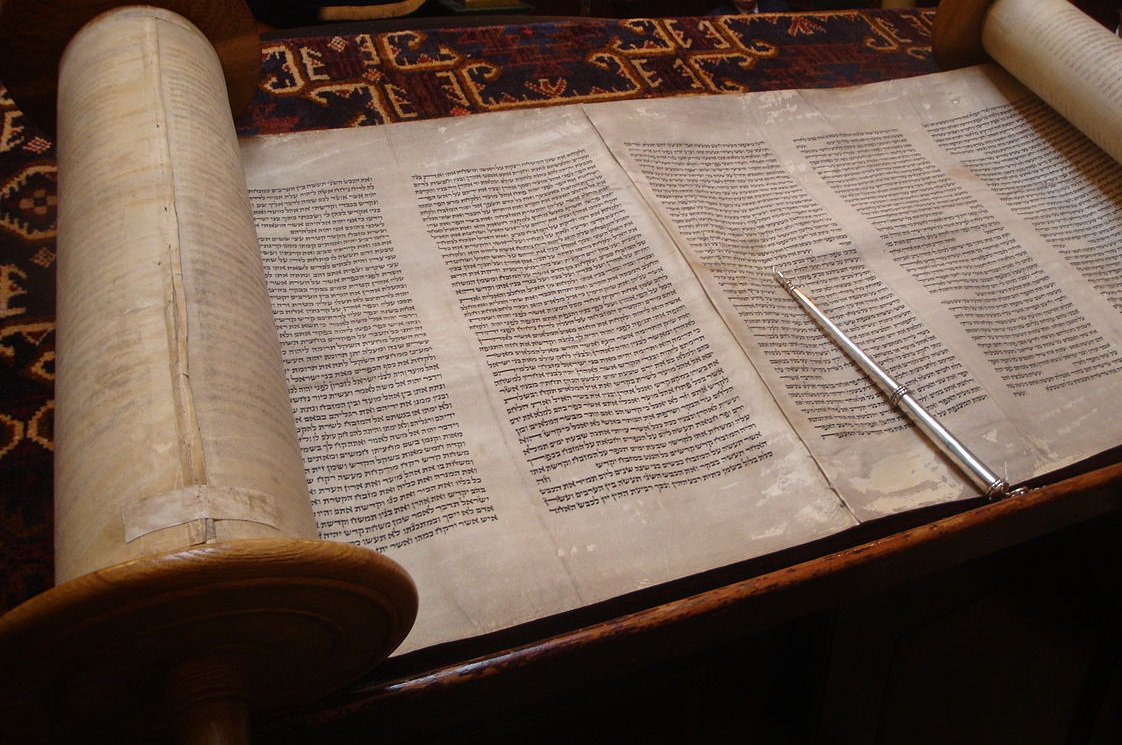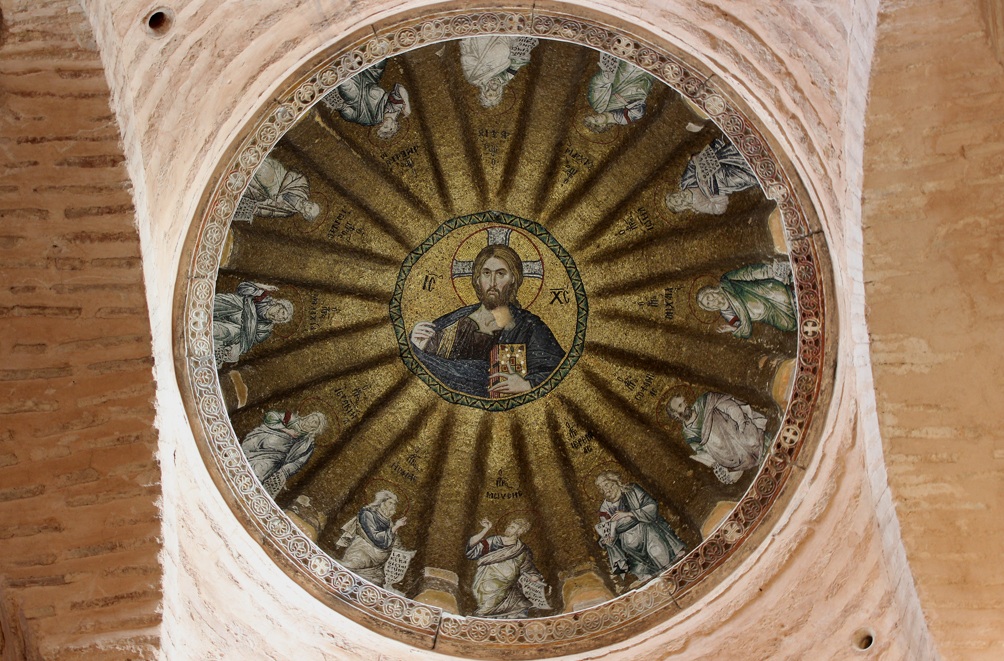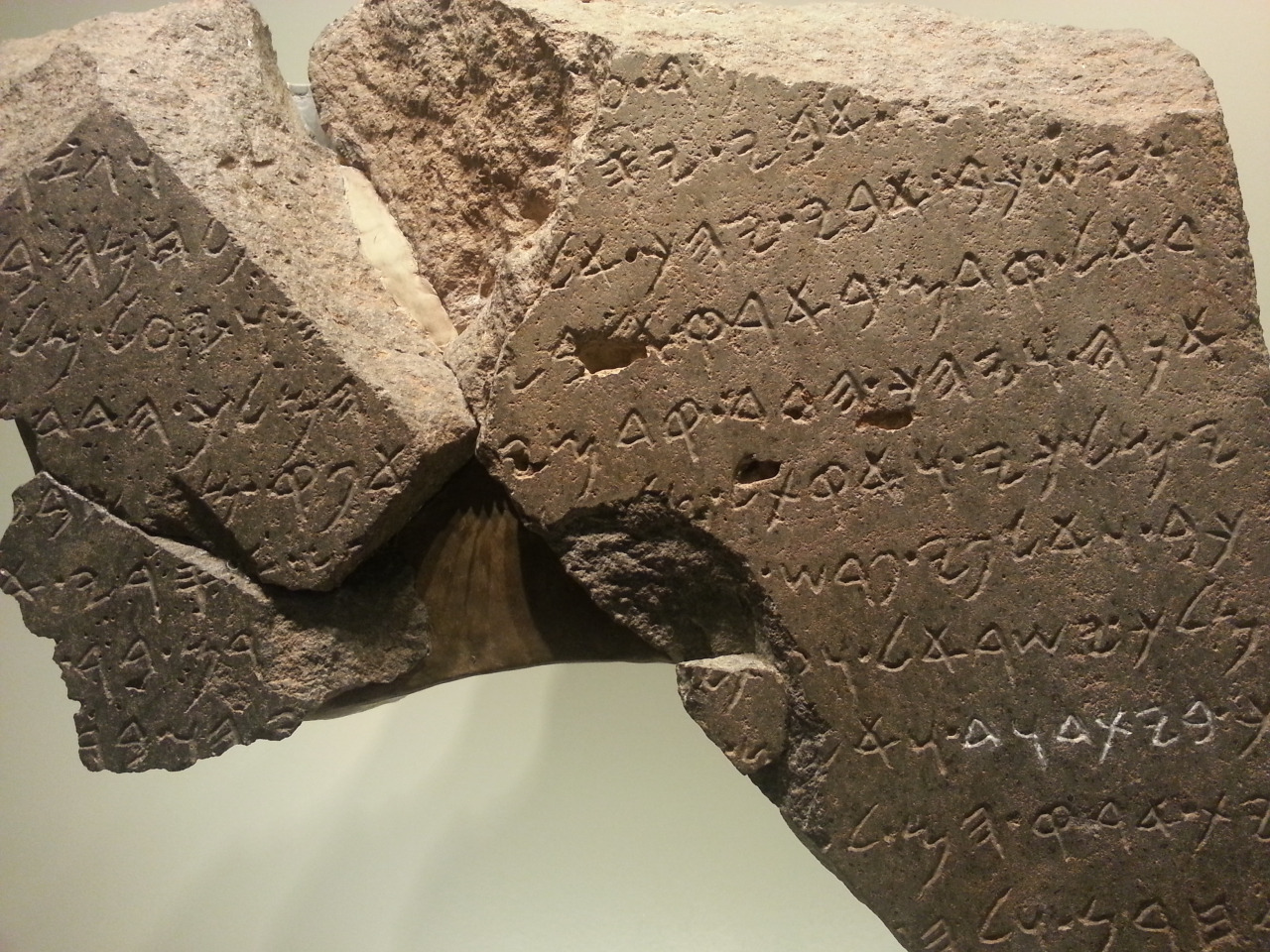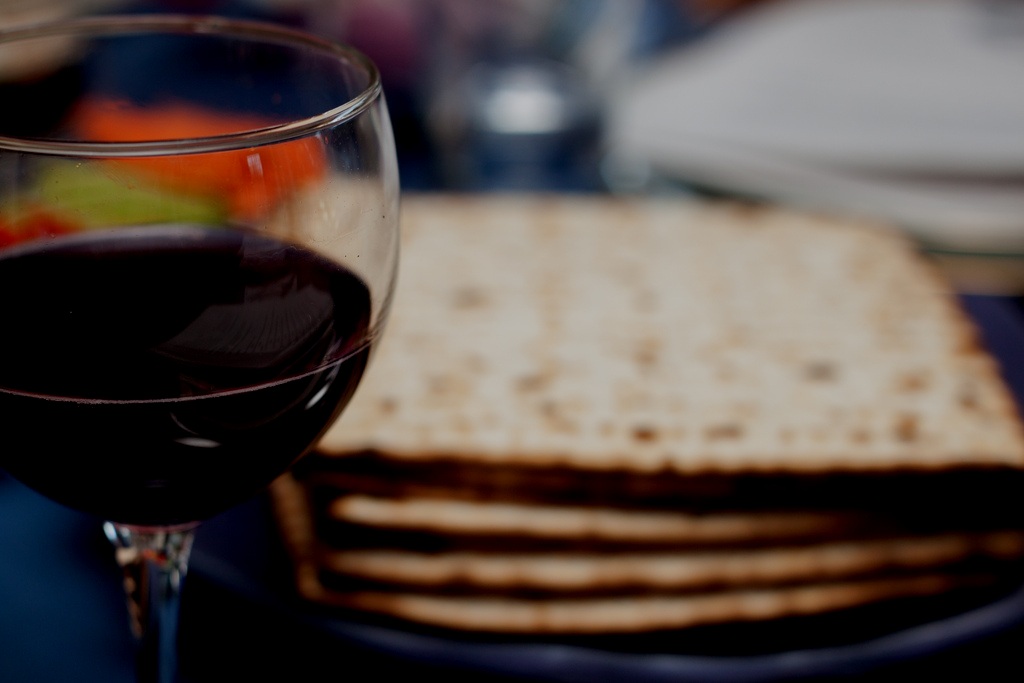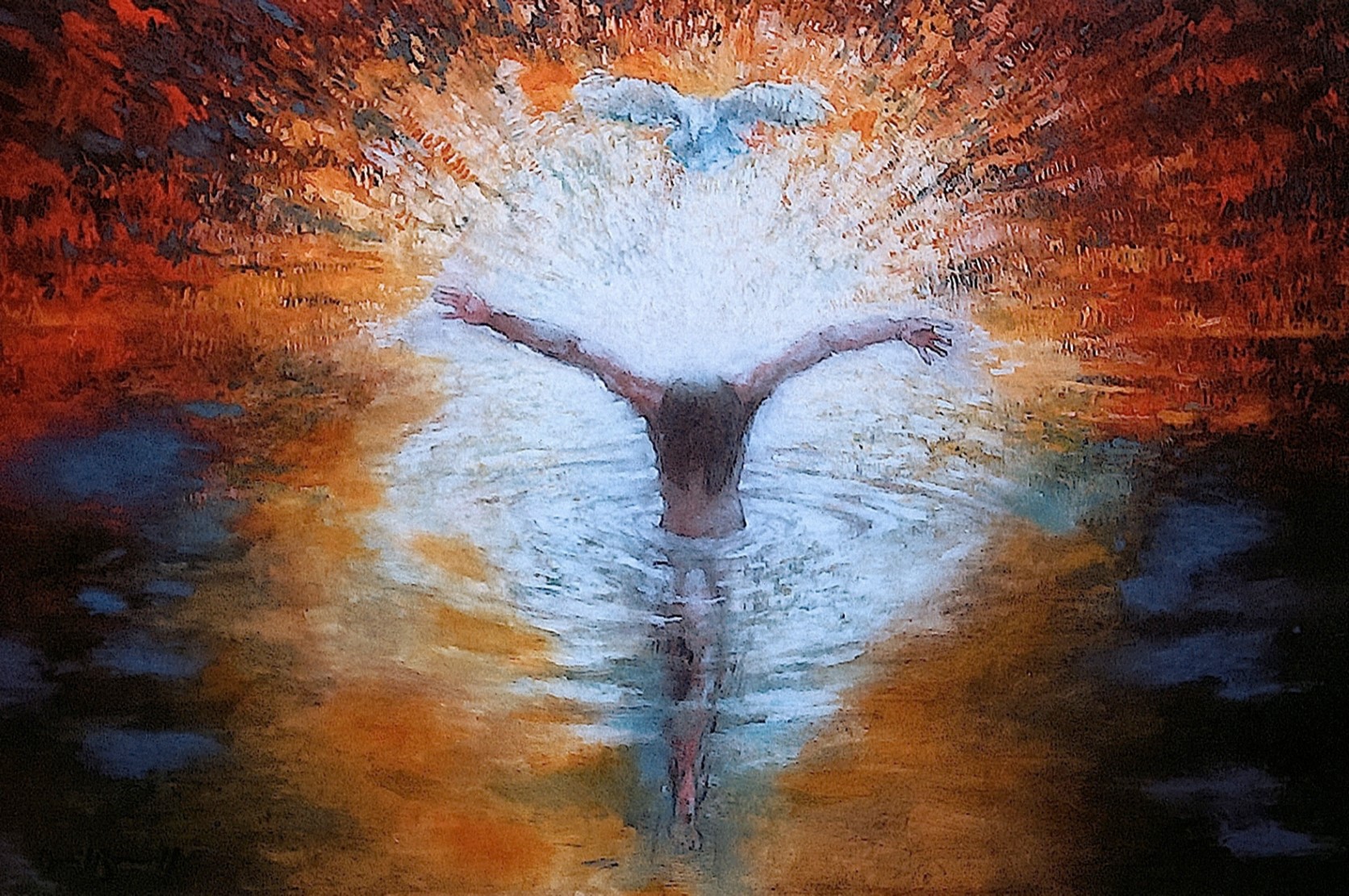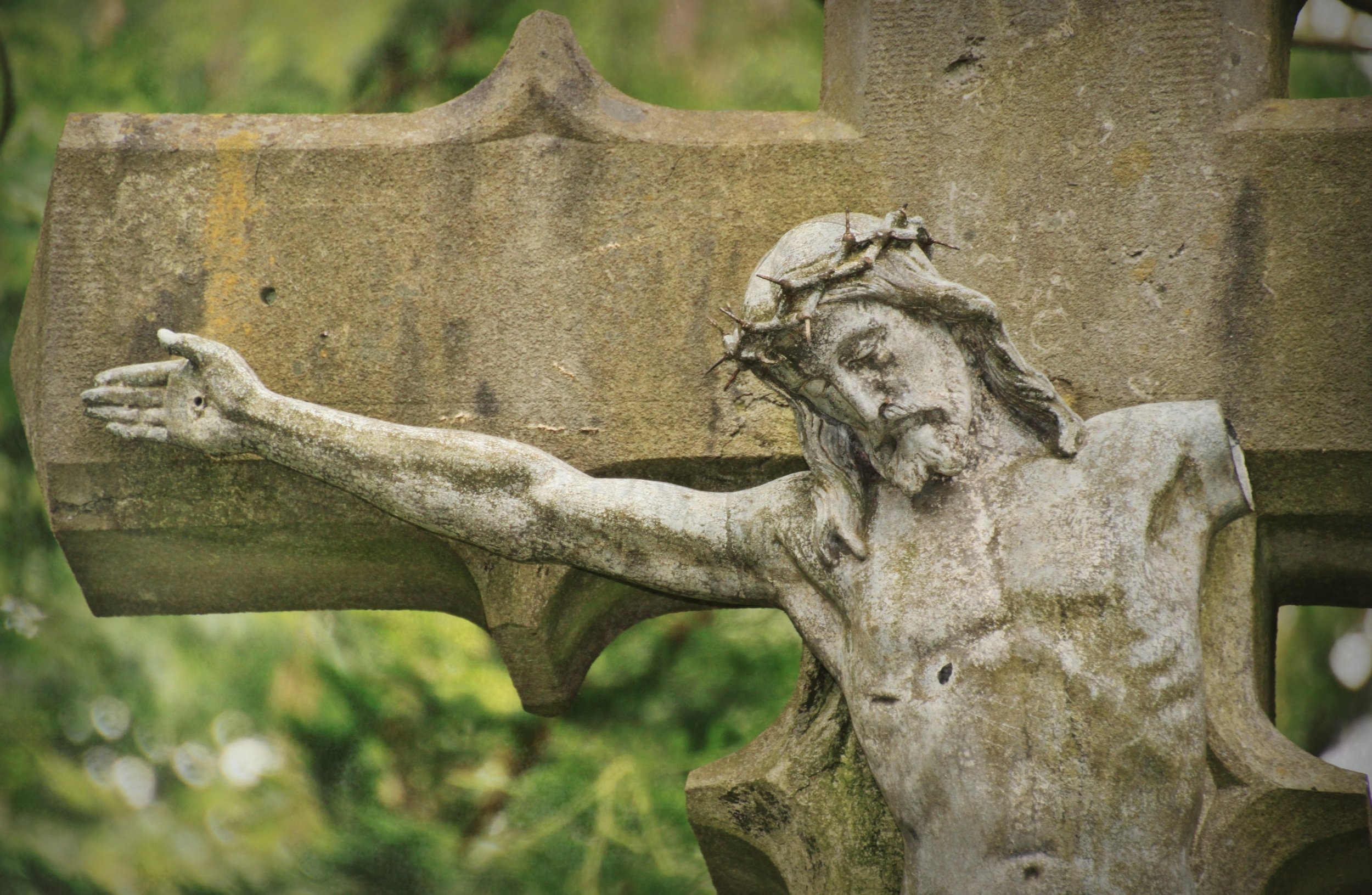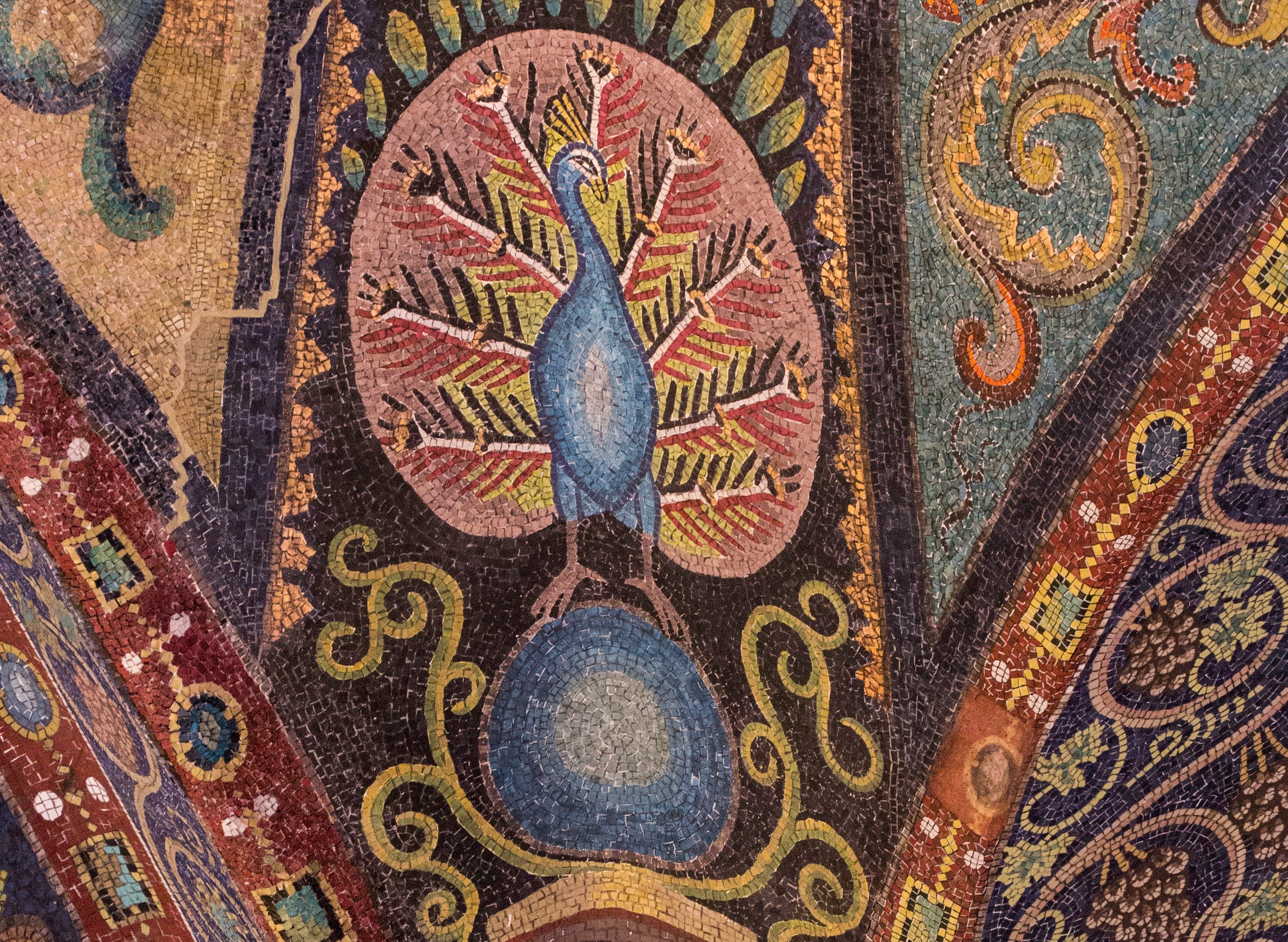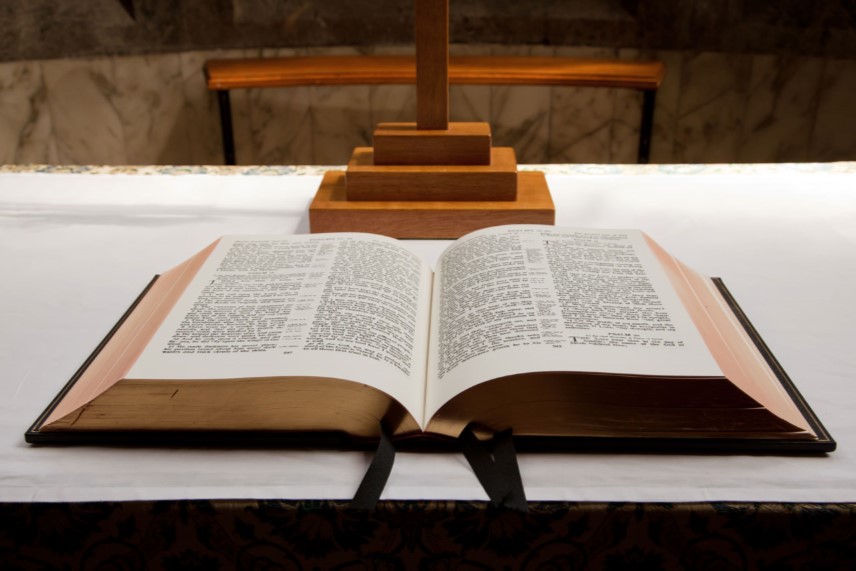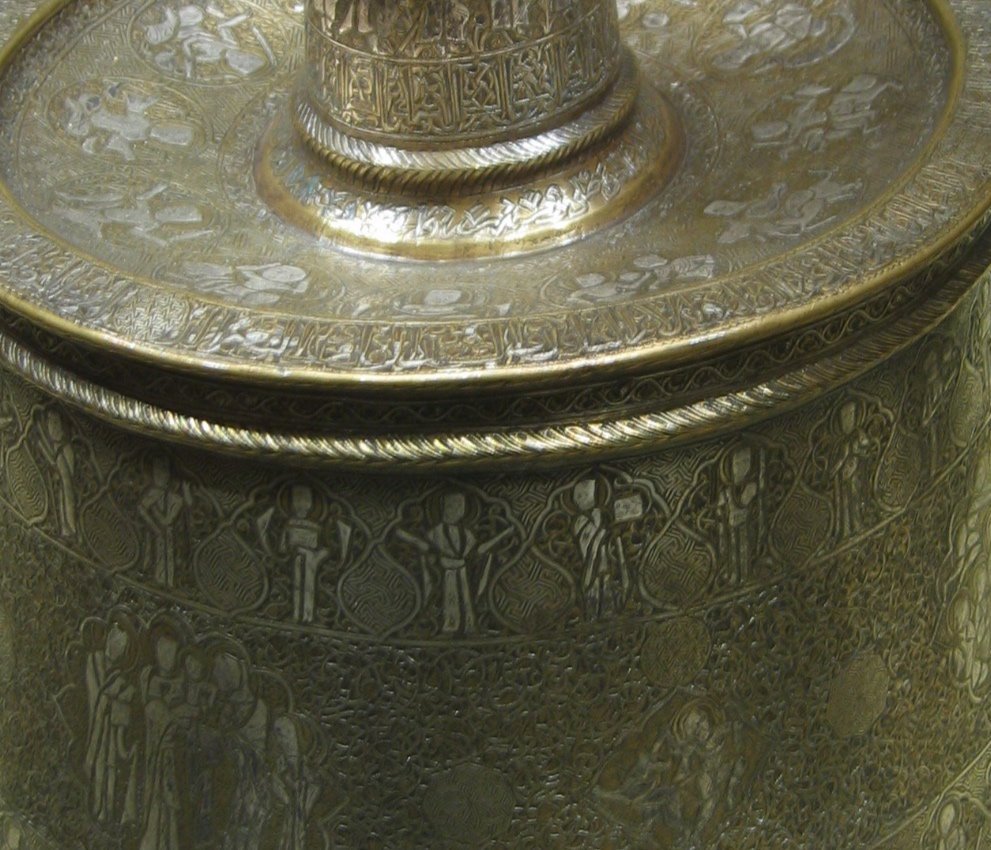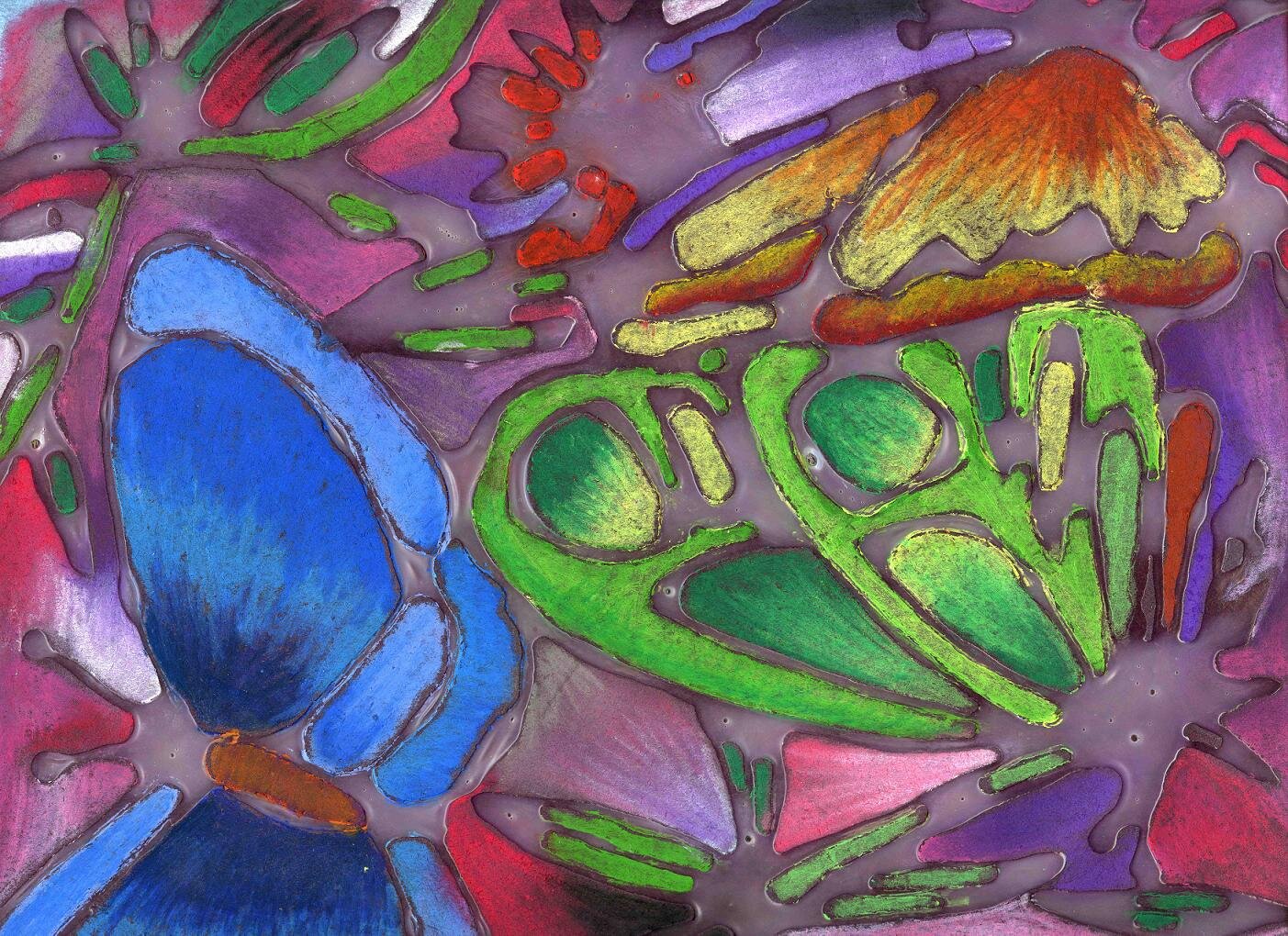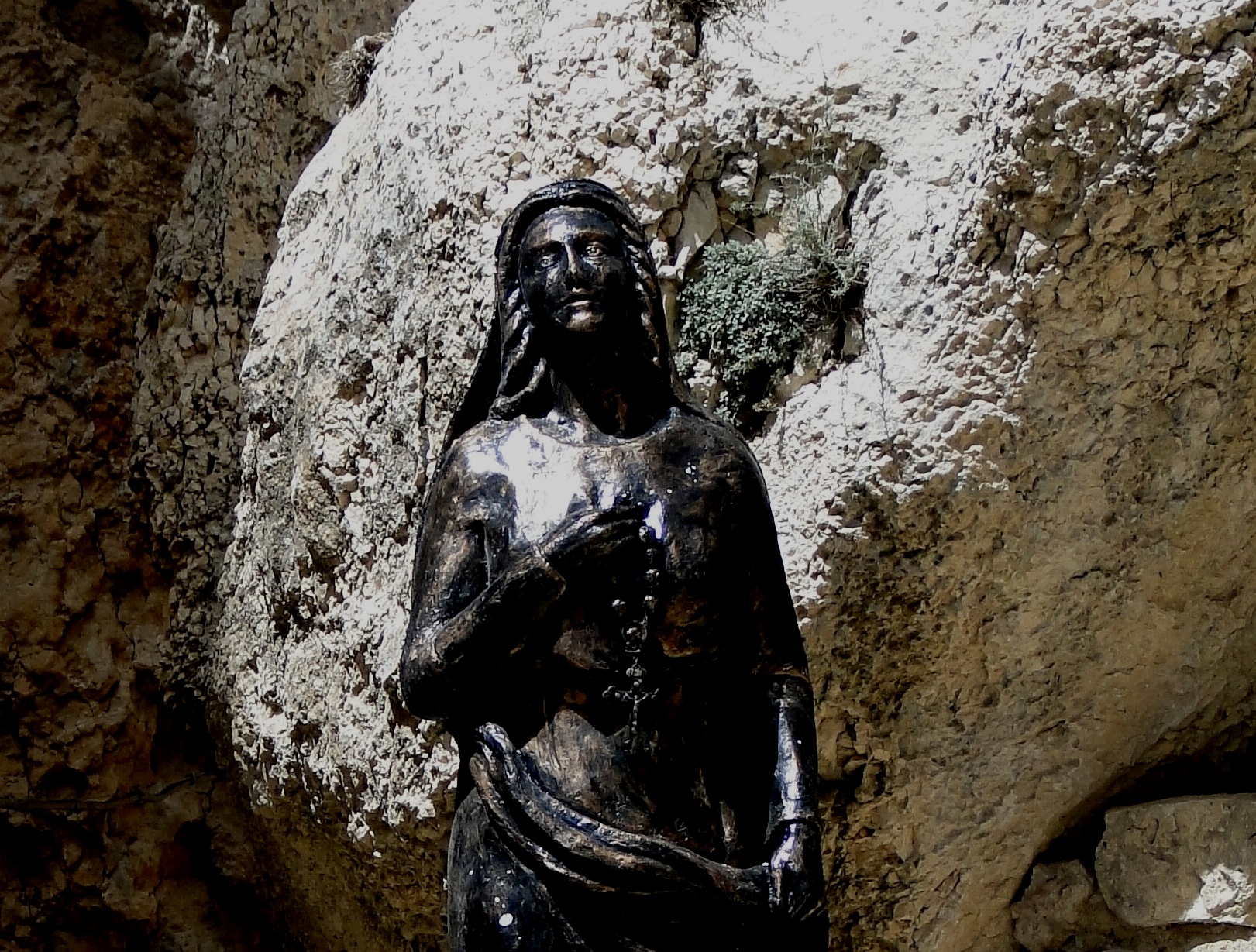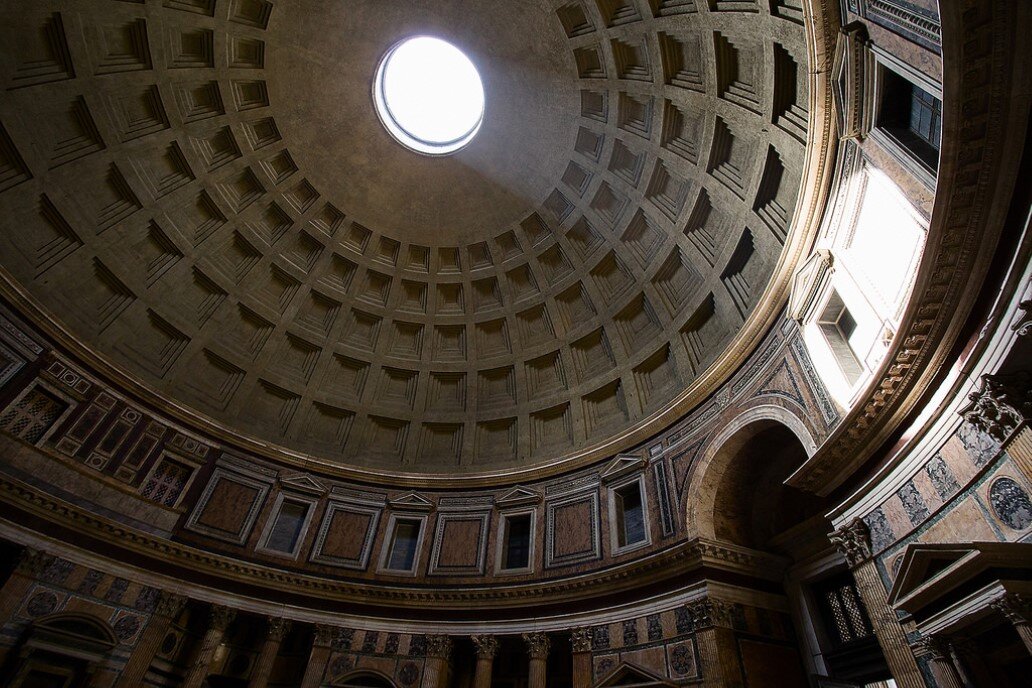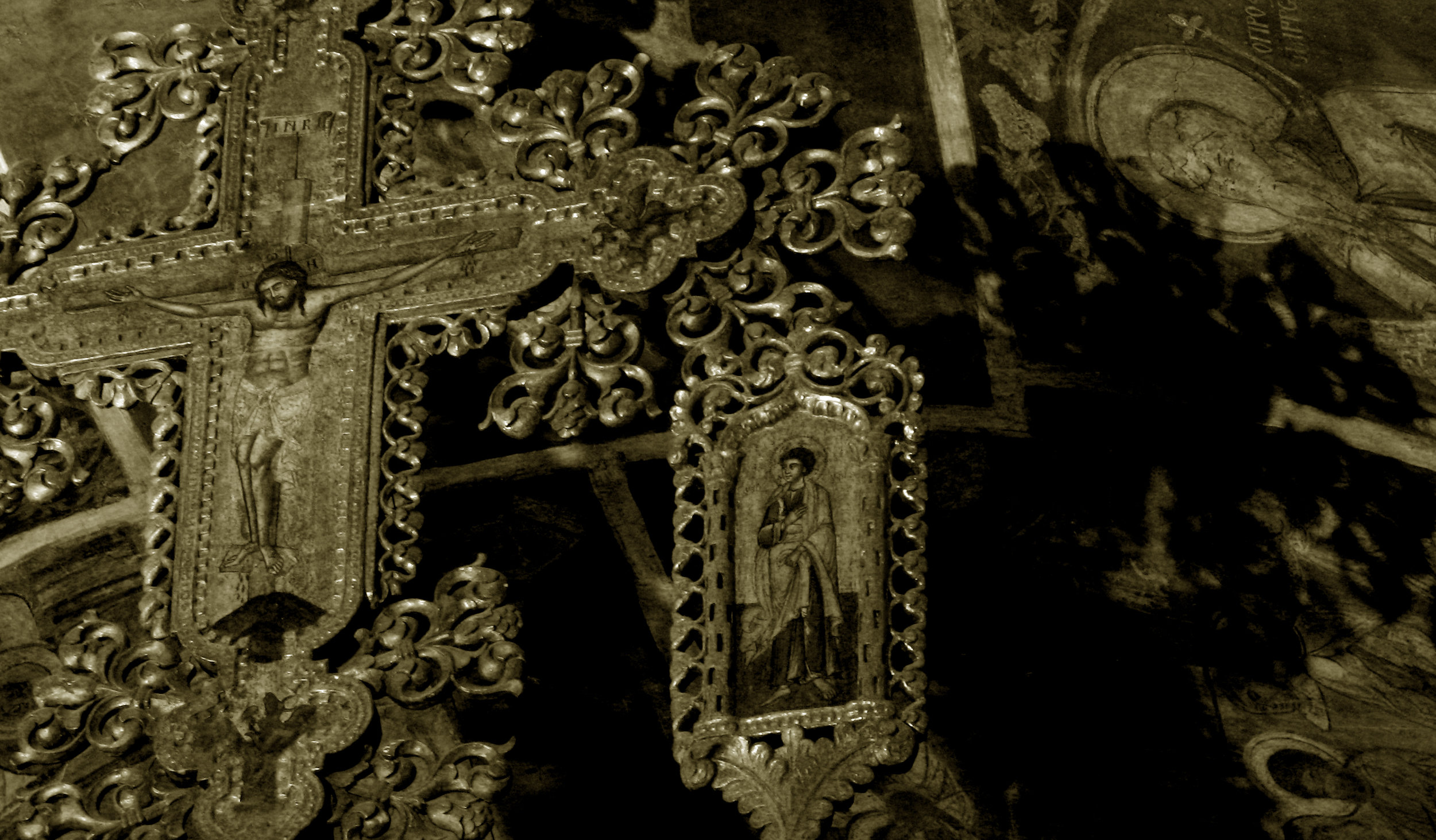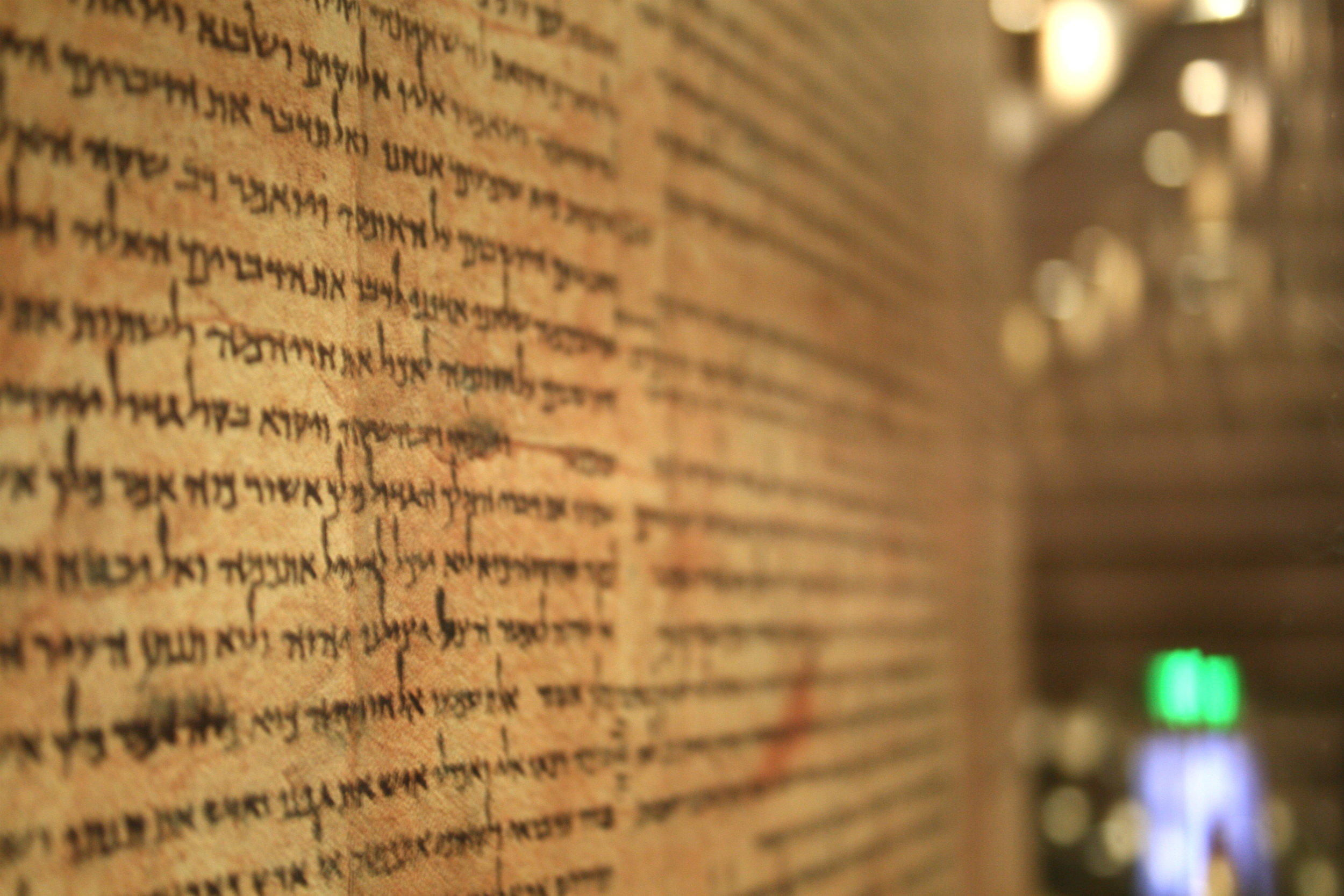Numbers: The Second Cleansing
Bible Studies, Messages, Papers
Photograph: A mural of Moses lifting the bronze serpent (in Numbers 21) from All Saints Church in London, England. Photo credit: Lawrence OP, Creative Commons.
Below are messages, small group leader notes, and exegetical notes on the Book of Numbers.
Small Group Leader Notes on Numbers
Numbers 1:1 - 4:49 God Organizes His People
Numbers 5:1 - 31 Renewal: The Purity of People and Marriage
Numbers 6:1 - 21 Renewal: The Symbolism of Hair and Head
Numbers 7:1 - 10:36 Renewal: Worship at the Portable Eden
Numbers 11:1 - 35 Unlearning the Fall: A Lesson in the Appetite
Numbers 12:1 - 16 Unlearning the Fall: A Lesson in Sisterhood
Numbers 13:1 - 15:45 Faith to Enter the New Garden Land
Numbers 16:1 - 17:13 You Will Eat with God in the Garden Land
Numbers 18:1 - 19:22 Cleansing the Sin-Bearers and Death-Touchers
Numbers 20:1 - 29 The Error of Moses
Numbers 21:1 - 35 The Cleansing from Snake Venom
Numbers 22:1 - 24:25 The Coming King Who Will Conquer the Serpent
Numbers 25:1 - 27:23 Egypt Redux: The Midianite Attack
Numbers 28:1 - 30:16 Holy Days and Human Word-Bearing Renewed
Numbers 31:1 - 32:42 Exodus Redux: Victory Over the Midianites
Numbers 33:1 - 36:13 Inheriting the New Garden Land
Notes and Essays on Numbers
The Chiastic Structure of Numbers and the Recapitulation of Exodus 1 - 18
Notes on the literary structure of the entire Book of Numbers, and its resemblance to Exodus 1 - 18 on the basis of repeated themes. This is important to observe because the first generation of Israelites and their children, the second generation, have to learn the same thing.
Why Did God Choose a "Chosen People"? Why Not Just Skip Right to Jesus?
These two questions stand behind all of the questions that we might have about God’s relationship with the people of Israel as portrayed by the Old Testament. Why did God apparently favor Abraham and Sarah and their family? Why did God protect them by taking other human life, like in the Flood, Sodom and Gomorrah, the Egyptian firstborn, etc.?
When God took human life in these occasions, it was not to supposedly demonstrate "retributive justice," but rather to protect His human partners at the time, until Jesus came among the Israelites.
The Troubling Acts of God: The Destruction of the Canaanites
Text of a message focusing on how God engaged with the Canaanites throughout the Old and New Testaments. Slides to this presentation are graphics-heavy so have been divided into part 1 and part 2. When God took human life on some of the occasions where Israel and the Canaanites came into conflict, it was not to supposedly demonstrate "retributive justice," but rather to protect His human partners at the time, until Jesus came among the Israelites.
Helpful Practical Tools for Teaching Numbers
The Protoevangelium of James. New Advent website. A Syriac Christian work dating to circa 150, which has a story of Joseph and Mary being brought to the priests and drinking the water ordeal prescribed in Numbers 5 (see paragraph 16).
And the priest said: Give up the virgin whom you received out of the temple of the Lord. And Joseph burst into tears. And the priest said: I will give you to drink of the water of the ordeal of the Lord, and He shall make manifest your sins in your eyes. And the priesttook the water, and gave Joseph to drink and sent him away to the hill-country; and he returned unhurt. And he gave to Mary also to drink, and sent her away to the hill-country; and she returned unhurt. And all the people wondered that sin did not appear in them. And the priest said: If the Lord God has not made manifest your sins, neither do I judge you. And he sent them away. And Joseph took Mary, and went away to his own house, rejoicing and glorifying the God of Israel.
This suggests that men also drank the water to prove their innocence or guilt, even though the text of Numbers 5 is written from the perspective of the jealous husband concerning his wife. Mary’s ordeal by drinking the water is retold in a Syriac Christian poem, called “Mary and Joseph,” in connection with Matthew 1:18 - 24, on pages 151 - 166 in Treasure-house of Mysteries: Explorations of the Sacred Text Through Poetry in the Syriac Tradition. St. Vladimir’s Press, 2012.
Theology of Work Project, What the Bible Says About Sustainability. Theology of Work Project, Apr 6, 2015) a reflection on Numbers 35.
The Bible Project, Read Scripture: The Book of Numbers. The Bible Project, Feb 5, 2016. A 7 minute video.




